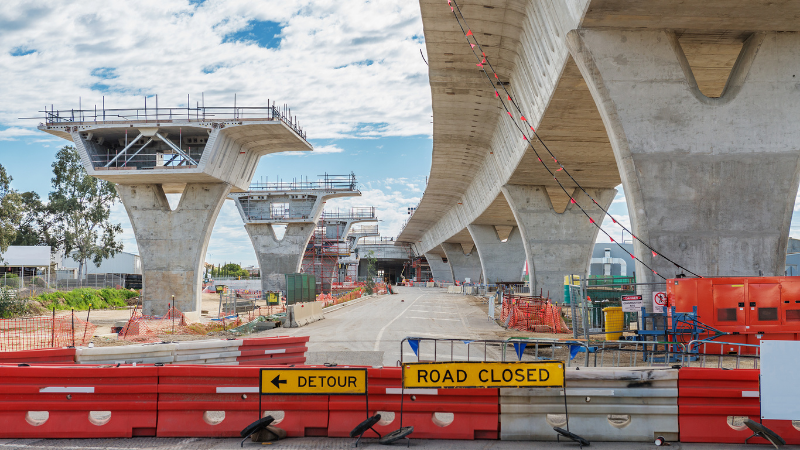Supply Chain Price Rises Spur ACCC Inquiry
Supply chain disruptions to the construction industry are likely to persist beyond the middle of 2022, according to a global risk survey.
The Oxford Economics survey found one in eight businesses surveyed this month said they had been “severely affected” by supply chain interruptions, and half of respondents said they expected the Delta outbreaks to affect their businesses well into next year.
The cost of a 12m (40') shipping container had inflated 309 per cent during the past 12 months, according to Drewry’s composite World Container Index, demonstrating the huge volumes of shipping and the crunch on ports globally, leading to reported price gouging.
The Australian Competition and Consumer Commission has launched an inquiry into the surge in shipping and container costs in the wake of the pandemic.
ACCC chairman Rod Sims said the regulator was investigating whether anti-competitive conduct had encouraged price rises and gouging in the shipping industry.
But Sims said the wider issue of shipping and freighting costs would be examined more closely in the ACCC’s annual stevedoring monitoring report in November.

KPMG’s 2021 global construction survey identified supply chain as a risk that needed to be managed into the future. It said the construction industry had absorbed much of the disruption but a focus on supply chain issues would help reduce risk for projects.
The Property Council of Australia said labour and material shortages driving up the cost of construction jobs and disruptions caused by the pandemic had delayed projects. Material shortages are at their worst in four decades.
At least 30 per cent of Australian steel is imported from China, where production has been scaled back by up to 50 per cent to meet climate change targets.
Steel prices have reportedly doubled in the face of Australia’s $110-billion infrastructure pipeline and a booming residential construction industry thanks to the tailwinds of the federal government’s HomeBuilder stimulus package.
But the United States is also experiencing a building boom with reports that building materials promised to Australia were being diverted to North America.
Shipping lines are internationally owned, which makes it difficult to shore up the supply of shipping containers and the import of building materials.
The Royal Institution of Chartered Surveyors’ recently identified issues around sourcing building materials and the related costs associated with supply chain constraints as major concerns.















